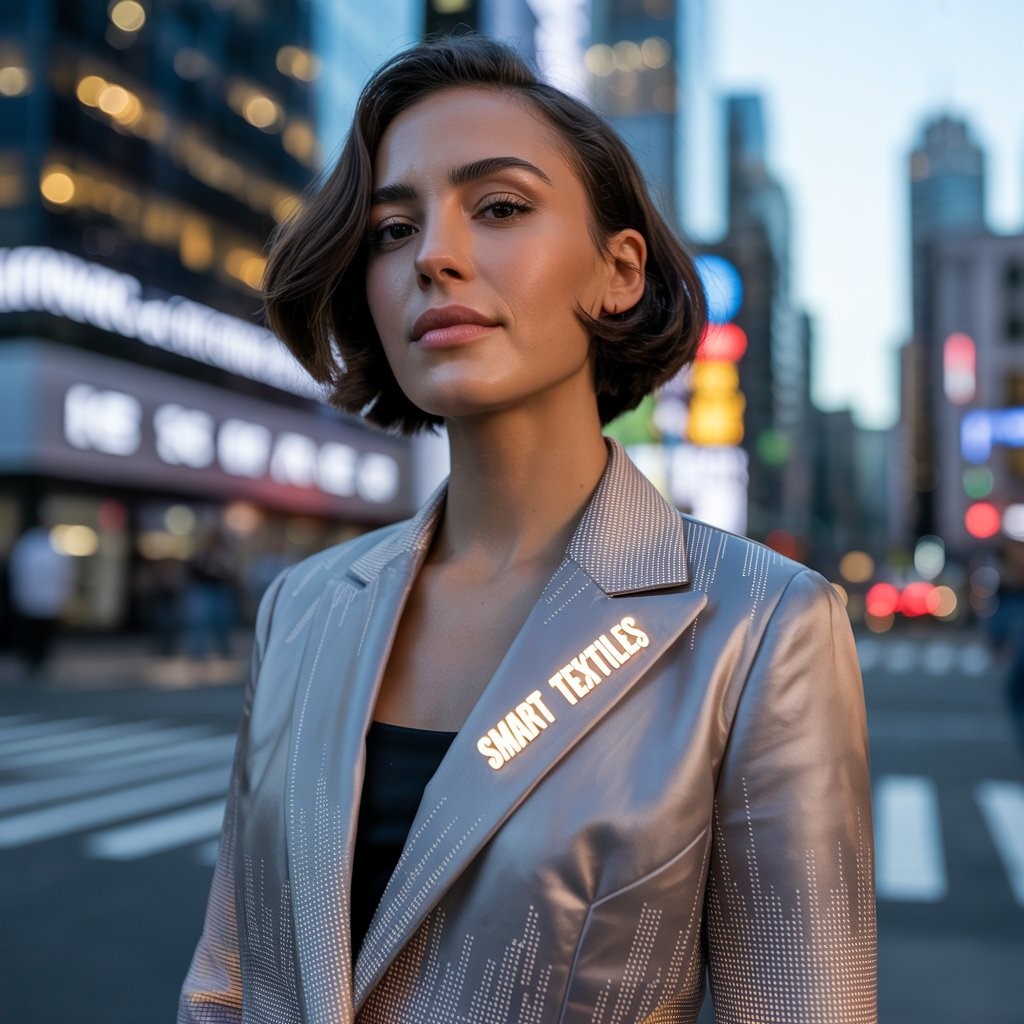
בדים חכמים עם חיישנים: מהפכת הטכנולוגיה הלבישה שלא ראיתם מגיעה
שוק הבדים החכמים העולמי עמד על כ-6–8 מיליארד דולר ב-2024 וצפוי להגיע לעשרות מיליארדים עד שנות ה-30 של המאה הנוכחית, עם צמיחה של מעל 30% בשנה. פרויקט Jacquard של גוגל ייצר ג'קט ג'ינס עם חוטים רגישים למגע בשרוול, שמאפשרים ללובש לשלוט בטלפון